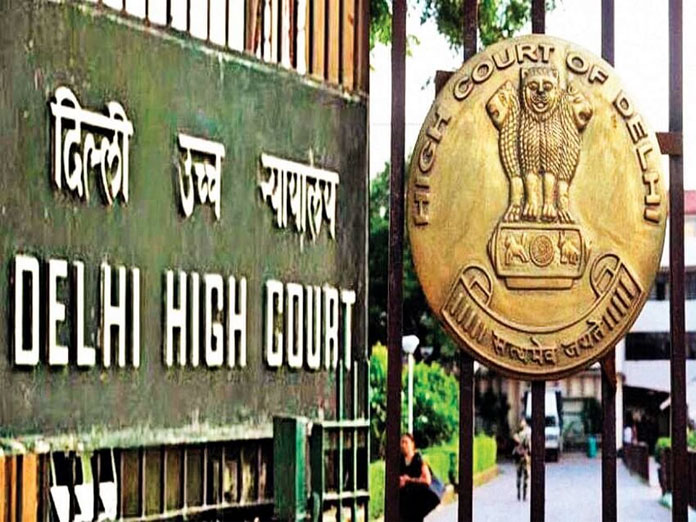Just In

The Delhi High Court Monday set aside the Centres ban on Indian pharma major Wockhardts antiinflammatory medicine Ace Proxyvon, used in painful rheumatic conditions
New Delhi: The Delhi High Court Monday set aside the Centre's ban on Indian pharma major Wockhardt's anti-inflammatory medicine 'Ace Proxyvon', used in painful rheumatic conditions.
Justice Vibhu Bakhru passed the order on the firm's plea challenging the Centre's September 7, 2018 notification banning the manufacture, sale and distribution of 328 fixed dose combination (FDC) drugs. This is the first petition, filed against the Health Ministry's notification, to be decided by the court. A batch of pleas on the same issue are pending before it. Other pharma majors including Glenmark, Alkem Laboratories, Obsurge Biotech, Coral Laboratories, Lupin, Mankind Pharma, Koye Pharmaceuticals, Macleods and Laborate have also moved the high court against the ban on their FDCs ranging from anti-inflammatory and pain killers to antibiotics and drugs for treating bacterial infections. FDCs are two or more drugs combined in a fixed ratio into a single dosage form.
Ace Proxyvon, sold by Wockhardt in a tablet form, is a mixture of three salts -- aceclofenac, paracetamol and rabeprazol -- a combination which was banned. The court had reserved its order on November 15 last year on Wockhardt's petition filed in September. In an interim order, the court had earlier said that no coercive steps be taken against Wockhardt for sale of stocks of its banned anti-inflammatory medicine which was already in the market, subject to the firm stopping production of the drug. It had said the medicine has been in the market for past 11 years and its stocks would already be in the distribution network.
The pharma company had contended that it has not been provided with the Drugs Technical Advisory Board (DTAB) report, based on which the ministry's decision was taken. It had claimed the only reason given in the September 7, 2018 notification was that the combination had no therapeutic value. The medicine is reportedly prescribed for people with painful rheumatic conditions, such as osteoarthritis, rheumatoid arthritis and ankylosing spondylitis. The Health Ministry had, through a notification of March 10, 2016, prohibited 349 FDCs for manufacture, sale and distribution under Section 26 A of the Drugs and Cosmetics Act, 1940. The notification was then contested by the pharma companies in the Delhi High Court and the Supreme Court.
The high court in December 2016 had quashed the ban on the FDCs, which was challenged by the Centre in the apex court. The top court had in December, 2017 set aside the high court order and referred the banned FDCs to DTAB for re-examination. Complying with the apex court direction, an expert panel set up by DTAB, in its report to the Centre, had stated there was no therapeutic justification for the ingredients contained in 328 of the 349 FDCs, which may also involve risk to humans. The board had recommended that it was necessary to prohibit the manufacture, sale or distribution of these FDCs under the Drugs and Cosmetics Act, 1940 in larger public interest.

© 2025 Hyderabad Media House Limited/The Hans India. All rights reserved. Powered by hocalwire.com







